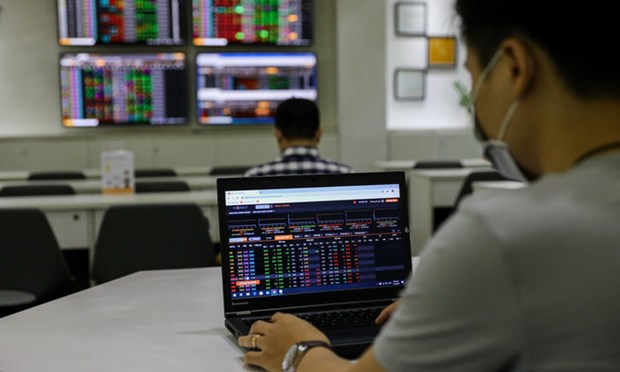The State Securities Commission of Viet Nam (SSC) has ordered the Hồ Chí Minh Stock Exchange (HoSE) and securities firms to apply short-term, mid-term and long-term solutions for overload orders which forced the exchange to halt trading since the end of last year.

The State Securities Commission of Viet Nam (SSC) has ordered the Ho Chi Minh Stock Exchange (HoSE) and securities firms to apply short-term, mid-term and long-term solutions for overload orders which forced the exchange to halt trading since the end of last year.
Since December 21, 2020, there have been cases of some orders from investors via securities firms that were not sent to the southern bourse, said the SSC.
The issue is a result of the transaction processing capacity of HoSE that limits the number of transactions per day, while transaction demands surged recently.
To ensure the system operates smoothly and addresses the overload issue, in the short-term, the SSC requested related agencies to optimise the transaction process by increasing the trading lot from 10 to 100 shares per lot, starting from January 4, 2021.
The SSC also urged HoSE and securities firms to inspect and prevent internal errors, and limit automatic transactions.
For the mid-term, the SSC ordered HoSE to upgrade the transaction backup system to ensure the system operates smoothly until the new IT system for the stock market with support from the Korea Exchange (KRX) is officially launched.
In the long-term, the HoSE and related agencies have to accelerate the process to bring the KRX system into operation to completely solve the overloaded orders problem.
Viet Nam’s stock market posted good performance in the final months of last year on the back of surging orders.
The VN-Index ended the last trading day of 2020 at 1,103.87 points, rising nearly 15 per cent compared to the beginning of the year.
According to SSC, the increase in the number of investors and orders was driven by the fact that Viet Nam has controlled the COVID-19 pandemic, boosting the country's macro economy.
Viet Nam was among countries that delivered positive economic growth of 2.91 per cent in 2020, and was expected to recover at 6.5 – 6.8 per cent in 2021.
Government agencies also carried out many policies to support the market during the pandemic, such as the Circular No 14/2020/TT-BTC to reduce fees of some services in the securities sector, and Circular No 112/2020/TT-BTC on regulating collection rates of fees or charges to support and address difficulties in production, business activities and to ensure social security in response to COVID-19.
The reduction in fees and supportive policies brought new cash flows into the stock market which helped the liquidity rise to a record level. Data from the General Statistics Office (GSO) showed the amount of capital poured into Viet Nam’s stock market rose 20 per cent in 2020 to VND383.6 trillion.
In 2020, the average value of market transactions was over VND7.05 trillion per session, double that of 2019, data showed. Meanwhile, the number of new investors soared by 109 per cent in 2020 against the previous year. VNS





